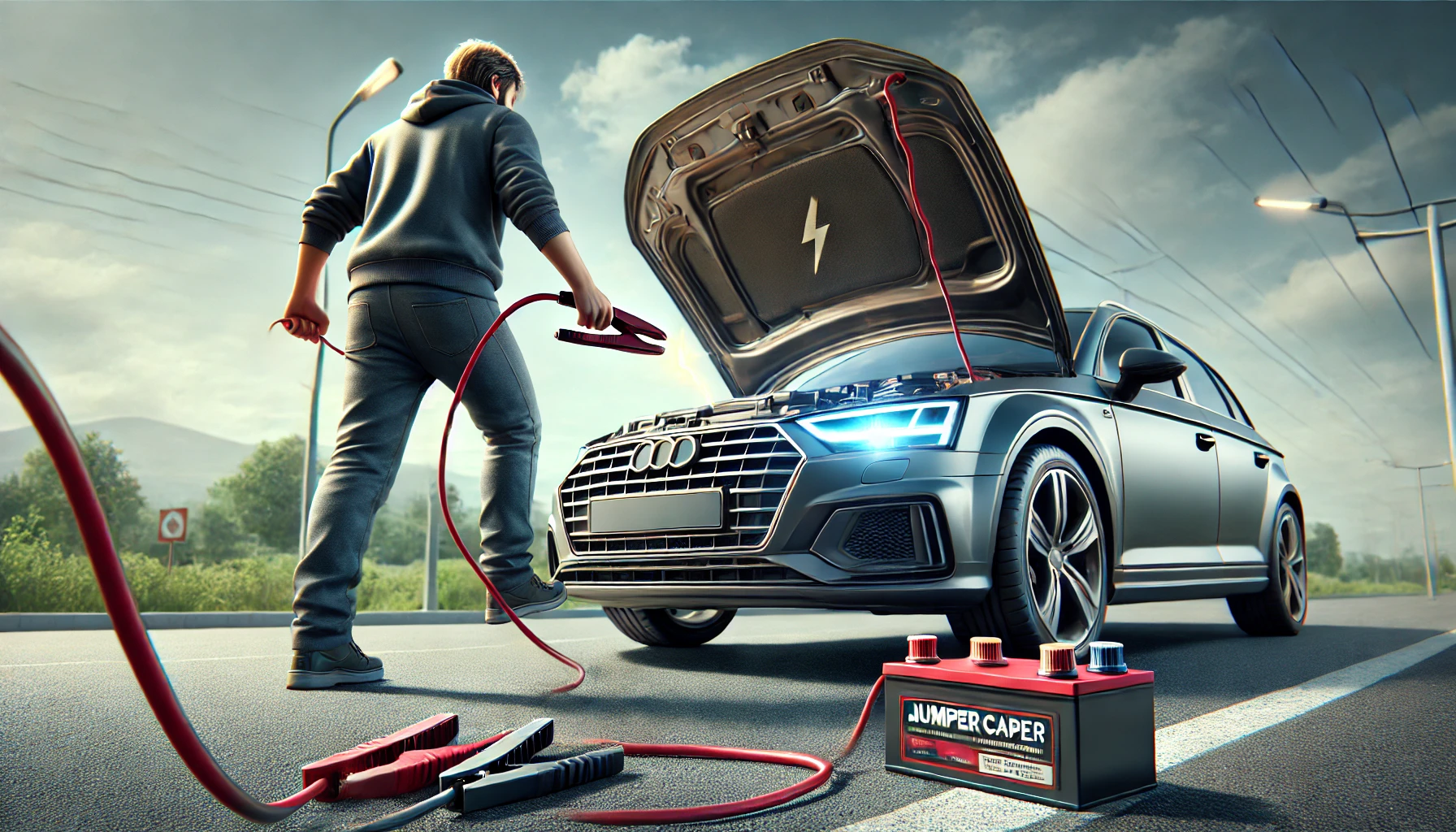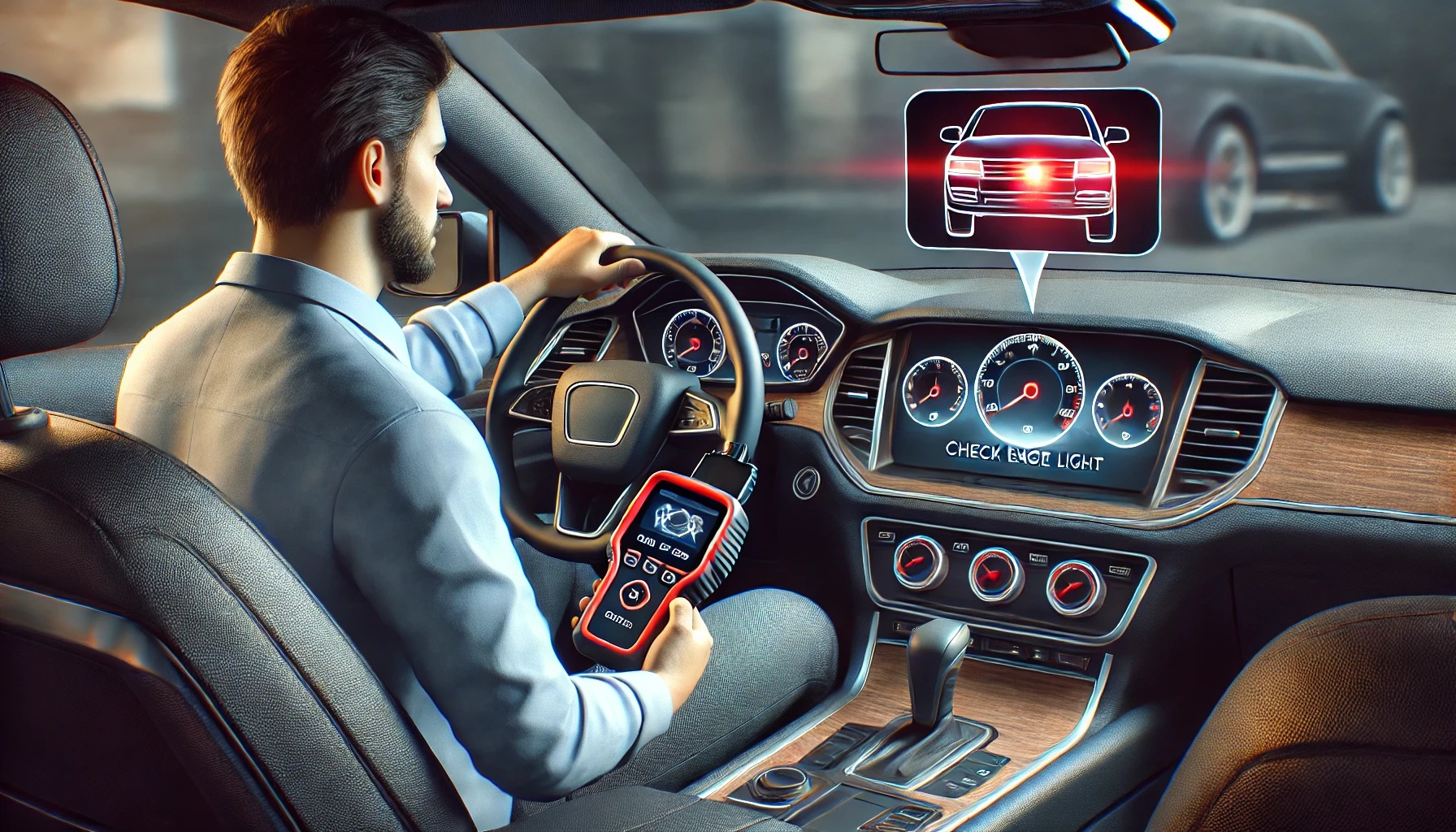Taking good care of your car is essential to maintain its appearance, performance, and resale value. A well-maintained vehicle not only lasts longer but also provides a safer and more enjoyable driving experience. In this guide, we’ll cover the most important car care tips to help you keep your vehicle looking and running like new.
1. Wash Your Car Regularly
Dirt, dust, bird droppings, and road salt can damage your car’s paint over time. Regular washing helps protect the exterior and prevents corrosion.
Car Washing Tips:
- Use a pH-neutral car shampoo to avoid stripping the paint’s protective layer.
- Wash your car in the shade to prevent water spots.
- Use a two-bucket method—one for soapy water and another for rinsing.
- Dry the car with a microfiber cloth to avoid streaks and scratches.
For added protection, apply a high-quality car wax every 2–3 months.
2. Keep the Interior Clean and Fresh
A clean interior enhances comfort and prevents wear and tear on seats, carpets, and the dashboard.
Interior Cleaning Tips:
- Vacuum the seats and floor mats weekly to remove dirt and debris.
- Use a dashboard cleaner to prevent cracks and fading from sun exposure.
- Leather seats? Apply a leather conditioner to keep them soft and prevent cracks.
- Fabric seats? Use a fabric protector spray to repel stains.
To eliminate odors, place an activated charcoal bag under the seat—it absorbs smells naturally.
3. Change the Oil and Filters on Time
Oil is the lifeblood of your car’s engine. Neglecting oil changes can lead to engine damage and expensive repairs.
Oil Change Guidelines:
- Follow the manufacturer’s recommended oil change intervals (usually every 5,000–10,000 miles).
- Check the oil level monthly using the dipstick.
- Use the correct type of oil (conventional, synthetic, or blend) as specified in the owner’s manual.
- Change the oil filter with every oil change.
Additionally, replace the air filter and cabin filter periodically to maintain engine efficiency and clean air circulation.
4. Check Tire Pressure and Condition
Tires impact fuel efficiency, handling, and safety. Underinflated or worn-out tires can lead to accidents.
Tire Maintenance Tips:
- Check tire pressure monthly and before long trips.
- Rotate tires every 5,000–7,500 miles to ensure even wear.
- Inspect the tread depth using a penny test—insert a penny into the tread; if Lincoln’s head is visible, it’s time to replace the tire.
- Keep an eye on uneven wear, which may indicate alignment or suspension issues.
5. Maintain the Battery
A weak battery can leave you stranded. Proper battery maintenance helps prevent unexpected failures.
Battery Care Tips:
- Check battery terminals for corrosion and clean them with a baking soda solution if needed.
- Ensure the battery is securely mounted to prevent vibrations.
- If the car sits unused for long periods, use a battery maintainer to prevent drainage.
Most car batteries last 3–5 years, so consider replacement if yours is older.
6. Inspect and Replace Wiper Blades
Worn-out wiper blades can reduce visibility in rain and snow, increasing accident risks.
Wiper Maintenance Tips:
- Replace wiper blades every 6–12 months or when streaking occurs.
- Clean wiper blades with rubbing alcohol to remove dirt buildup.
- Ensure the windshield washer fluid is topped up for effective cleaning.
7. Follow a Maintenance Schedule
Regular servicing prevents major problems and extends your car’s lifespan. Check your owner’s manual for recommended service intervals for:
✅ Brake system inspection
✅ Transmission fluid changes
✅ Cooling system flushes
✅ Spark plug replacement
Keeping up with maintenance prevents costly repairs down the road.
8. Protect Your Car from the Sun
Sun exposure can fade the paint and damage the interior.
Sun Protection Tips:
- Park in shaded areas or use a car cover.
- Apply UV protectant spray on the dashboard and seats.
- Use a windshield sunshade to reduce interior heat.
9. Drive Smoothly and Responsibly
Aggressive driving habits like rapid acceleration and hard braking wear out components faster.
Good Driving Habits:
- Avoid overloading the car, which strains the suspension and brakes.
- Warm up the engine for a few minutes in cold weather before driving.
- Shift gears smoothly if driving a manual transmission.
10. Fix Small Issues Before They Become Big Problems
Ignoring minor problems can lead to expensive repairs.
- Check for leaks under the car regularly.
- Listen for unusual noises—squealing brakes, knocking sounds, or rattles.
- Address warning lights on the dashboard immediately.
A proactive approach keeps your car in peak condition.
Final Thoughts
Taking care of your car doesn’t have to be complicated. By following these essential maintenance tips, you’ll keep your vehicle looking great and running smoothly for years to come.


